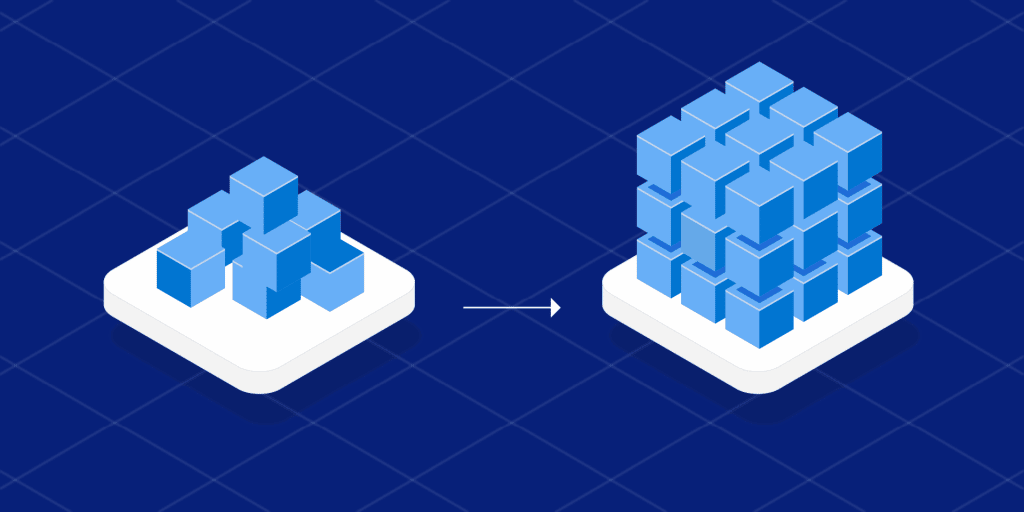Basically, data warehouse software gathers and stores internal and external data sources for further analysis and reporting within a company or department’s data ecosystem.
What is Data Warehouse Software?
Transforming and ingesting data within a data warehouse is crucial for enabling decision-making within an organization.
Big data analytics software and data visualization software work in concert to provide business insights by using data warehouse software as a central repository for combined data coming from multiple sources.
It is the responsibility of the data warehouse to store data from all of a company’s departments, including the departments of sales, finance, and marketing.
Using data warehouses can generate precise analytical reports and enable intelligent decisions based on data from CRM tools, marketing automation platforms, and ERP suites, among other data sources.
Using AI and predictive analytics can also be useful for businesses to find trends and patterns in data.
Integrating BI software, data lakes, data science workflows, and machine learning is critical for a data warehouse.
How does Data Warehouse Software work?
In a Data Warehouse, information is collected from various sources and stored in a central location. The transactional system and relational databases feed data into a data warehouse.
By processing, transforming, and ingesting the data, users can access it through tools like business intelligence and SQL clients and spreadsheets. A data warehouse brings together data from many various sources to create a unified database.
Organizations can analyze their customers more thoroughly by combining this information in one place. By doing so, they can ensure that all relevant information has been considered.
It is possible to mine data using data warehousing. An analysis of the data is meant to identify patterns that will increase sales and profits.
Features of data warehouse software
Depending on the platform, some data warehouse features may be more desirable than others, but most share a few essential features.
1. Relational databases
Relational databases store and control data pieces related to each other. Organizations can see how related information is presented in tables easily. A relational database might be used to store customer information, for example.
2. Business intelligence integration
Data warehouse software and business intelligence (BI) are normally seen as two separate technologies, but they complement and enable organizations to make better decisions.
While data warehouses store raw data, business intelligence software provides easy-to-understand information based on the data.
3. Data transformation

Software for data warehouses converts data from many diverse platforms into one format. It makes it easy to compare and analyze based on a single console.
When information is incorrect or incomplete, the system also eliminates redundancies in the data.
Key Benefits of a data warehouse software
When data warehouses are used to support analytics and business intelligence, there are many significant benefits for organizations:
1. Improved data
Companies can ensure that they collect relevant and consistent data by adding data sources to their data warehouses.
Whenever the data is added to the system, they will not need to worry whether it is consistent or accessible. As a result, they will be able to make sound decisions based on accurate and trustworthy data.
2. Speedy decisions
The consistent formats of the data in a warehouse make it easy to analyze. As well as providing analytical power and comprehensive datasets, they enable a more sound basis for decision-making.
The fact that decision-makers don’t have to rely on hunches, incomplete data, or poor quality information anymore could explain why results are so slow and inaccurate.
Summary
Those looking to implement business intelligence software or streamline their data centers should consider data warehouse software.
Data warehouse software helps your business keep your databases organized and ensure the data is consistent as business intelligence stores and analyzes large volumes of data.
In addition to managing all products and services of a business, it’s important to have a trusted platform and CRM in place as well. To learn more about this, take a moment to read through our latest marketing dashboard guide, which can greatly improve the performance of your business on a daily basis.
